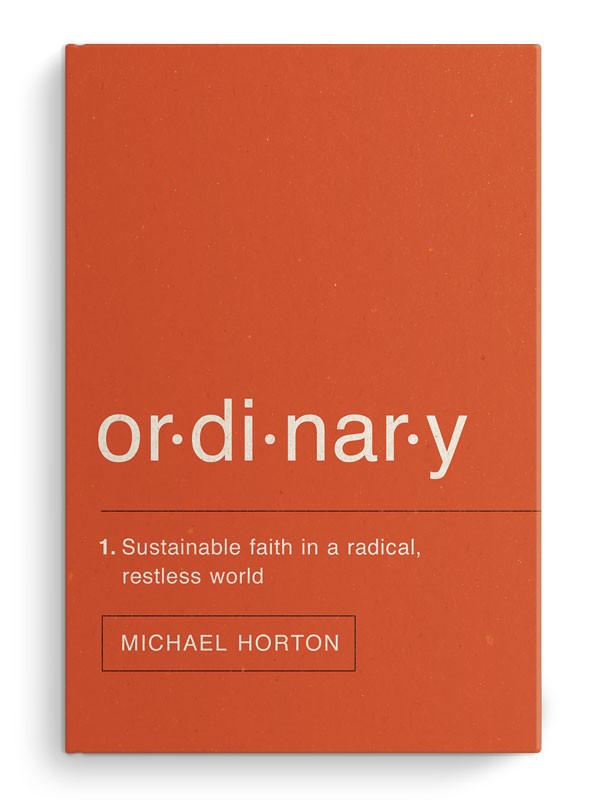In the church today, we like to raise the bar, up the ante and lay out radical calls that most people can’t possibly answer.
Nor do we expect them to, if we are honest. We understand that some will fly coach while others will find their way to first class. There are those dedicated few who are truly Spirit-filled, victorious, soul-winning or society- transforming warriors. The rest of us are just “ordinary” believers. We will continue coming to church regularly, receiving God’s gifts and sharing them, participating in praise, fellowship and hospitality, and continue supporting the ministry financially. But we know, deep inside, that we aren’t going to change the world.

None of this is new, of course. The same was true in the medieval church. It was fine to be an ordinary layperson, but everyone knew that if you wanted a direct route to a higher experience of God, you needed to be a priest or monk or nun. Marriage was good, but celibacy was seen as far better. Ordinary fellowship in the parish church and callings in the world were fine, but the truly dedicated took vows that set them apart from the ordinary Christian crowd. Some chose the monastic life, with other devoted colleagues. Others even more radically took a hermetic course of private isolation. Some made spiritual disciplines their focus, while others — especially the Franciscans — dedicated themselves to helping the poor.
We Protestants have our own way of programming various “higher” approaches to Christian living. Sure, you could still be a member of the local church, but if you’ve experienced the new birth you’ll belong to the core — the true church that meets in small groups. They were often called “holy clubs” and “conventicles.”
Then revivalism came along, sweeping aside external structures that helped to form individual believers into a thriving communion of saints. You may have been a beneficiary of God’s covenant blessings over many years in a Christian family and church. But at the summer camp or revival meeting, none of this matters in comparison with the radical experience of conversion. Again, my point is not to downplay the thrill of
 ¿∂›Æ ”∆µ
¿∂›Æ ”∆µ